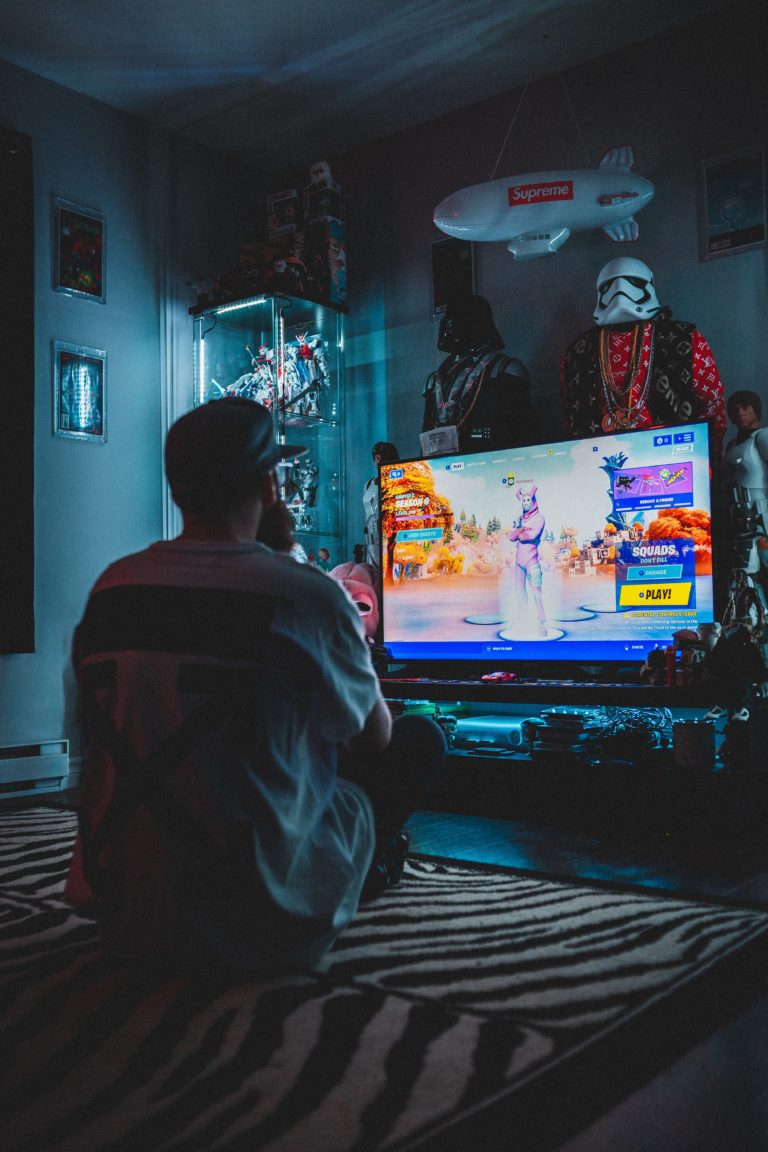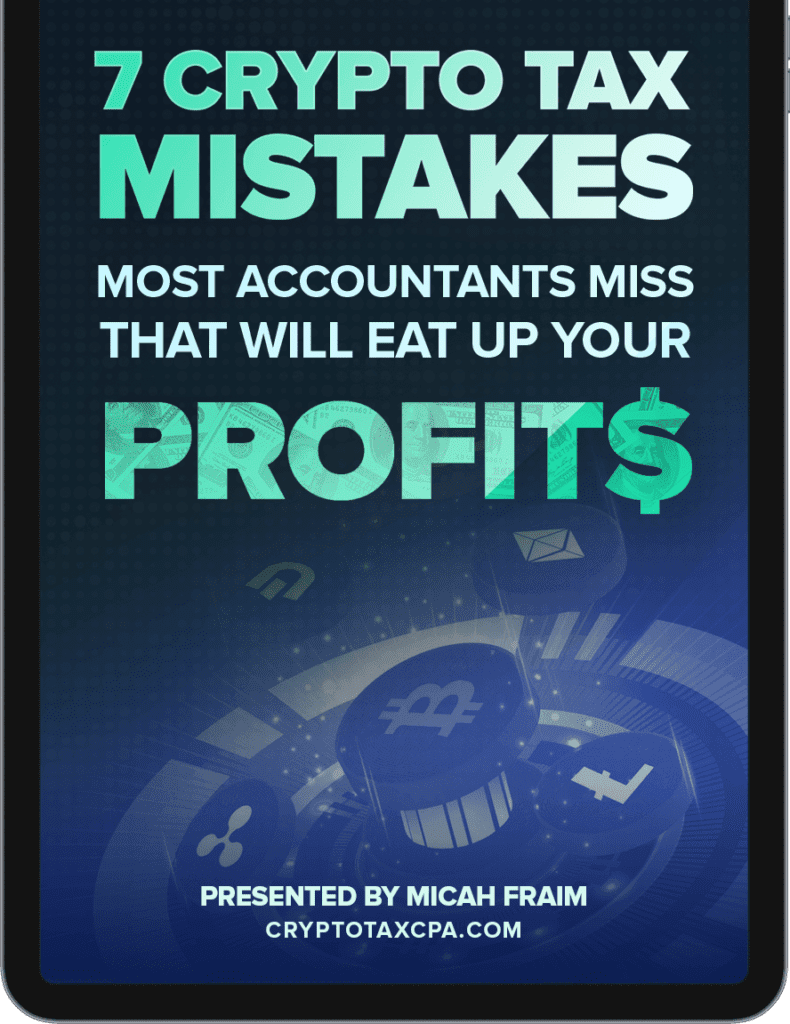Is it a good idea to invest in play-to-earn (P2E) games?
In a previous article, we talked about the need to cash out a percentage of your profits in real time. And we gave some examples of the catastrophic consequences that can arise if you fail to do that.
Play-to-earn (P2E) games might be one of the most consistent examples of this danger.
P2E Token Prices Consistently Fall
To be clear, I’m a big fan of P2E games. The concept (in conjunction with NFTs and nodes) from Gala Games was the first time I truly understood the use case for a specific blockchain project.
But P2E games aren’t without their own issues, at least in their current form. Because – so far at least – the in-game economies of these projects inevitably seem to crash. We’ll discuss why this is the case in a moment, but just to give a few examples:
Game | Token | High | High Date | Current | Drop |
Town Star | TOWN | $2.32 | 11/29/2021 | $0.02 | 99.14% |
STEPN | GMT | $4.11 | 4/28/2022 | $0.83 | 79.81% |
STEPN | GST | $8.51 | 4/28/2022 | $0.12 | 98.59% |
Axie Infinity | AXS | $164.90 | 11/6/2021 | $14.51 | 91.20% |
Axie Infinity | SLP | $0.40 | 7/13/2021 | $0.003 | 99.25% |
Thetan Arena | THG | $21.13 | 10/25/2021 | $0.08 | 99.62% |
Splinterlands | SPS | $1.07 | 7/28/2021 | $0.05 | 95.33% |
Crypto Raiders | RAIDER | $13.54 | 1/5/2022 | $0.20 | 98.52% |
EtherOrcs | ZUG | $3.60 | 2/22/2022 | $0.03 | 99.17% |
Admittedly, some of that is because of the current bear market. But that’s not the main issue. So far, even successful P2E games follow this unfortunate trendline of a big spike and then a precipitous fall.

Are P2E Games Just Ponzi Schemes?
P2E games are economies in and of themselves. So whether the economies succeed or fail will depend on the particulars of each game.
But if that’s the case, why is this trend we see above so consistent? Those projects are all in different spaces and have very different in-game economies. Is this collapse just completely unavoidable?
You could argue that these games are just unintentional Ponzi schemes:
- You’re fabricating money out of thin air
- Early players are able to purchase NFTs for low prices
- As the game increases in popularity, demand for the token also goes up
- Players are incentivized to keep purchasing tokens/NFTs and reinvesting their earnings back into the game
- This further increases demand for the tokens and in-game NFTs, increasing the value of both
- As the token price keeps going up, so do the real-world earnings from playing the game. This attracts more and more players and investors who are hoping to make what current players are earning
- Eventually there aren’t enough “money sucks” for players to reinvest in and the token becomes more inflationary. Or people just start cashing their earnings out instead of reinvesting in the game
- The token price starts to slip, decreasing the real world earnings. This attracts fewer and fewer new players and existing players increasingly cash out their earnings. It’s one thing to HODL when token/NFT prices are going up 100%, it’s entirely different when it’s dropping daily – especially if you have not recovered your initial investment yet
- This trend continues until there is a price drop like the examples we see above. In many cases the economies will stabilize at this point, albeit at a 99% drop from the peak and with a bunch of players having lost money
Again, an unintentional Ponzi. The people who got in early did great, the people who got in later got hosed.

Tokenomics Are Not to Blame
Those are all legitimate issues – and are things that any P2E game is going to need to contend with. But I don’t think that’s the primary issue.
All you have to do is look at existing MMORPGs like World of Warcraft or RuneScape. Those games have been around for decades with complex in-game economies.
And most importantly for our discussion here today: despite not being on the blockchain, their in-game currencies have real world value. As of writing this article, you can buy 1,000 gold pieces for WoW Classic for $10 or 10 million gold for Old School RuneScape for $5. “Gold farming” on these games is an entire industry.
Investment Opportunity First, Video Game Second
The primary issue with the current model is that the tokenomics are set up to give you the same – or better – returns than you get from other blockchain projects just for playing.
In essence, these games are being viewed as investment opportunities rather than video games. And as we’re seeing, that’s just not sustainable long-term.
The fact that WoW, RuneScape, and other multiplayer games have gold farmers speaks to the fact that in-game currencies have intrinsic value if the game itself is fun.
But earning real-world money has to be secondary. It needs to be a great game that has its own in-game earnings, but just happens to be on the blockchain. The game itself being good gives some intrinsic value to the token. And it should stop the incentive to make the game’s economy so inflationary.
This model can work, but it feels like developers (and players) have to change their entire mindset first.

For Now: Cash Out Regularly
Hopefully GameFi developers change their approach and fix all of the issues we noted above. In the meantime, you don’t really have much of a choice. If you want to avoid potential tax (and financial) catastrophes, you need to ensure you are taking profits as you go. Take a percentage of your in-game earnings, convert them to fiat, and set them aside for taxes.
If you don’t, you could be absolutely clobbered. Our article on regularly cashing out profits gave an unfortunate example of this:
“A few months ago we picked up a client who had over $1 million in crypto profits the prior year. We won’t include too many details for privacy reasons (and we’ll also change a few details just for good measure), but they made most of this income from play-to-earn (P2E) games, nodes, and capital gains from token trading. This income generated a tax bill of about $500k.
The problem is that they reinvested all of it back into the market, especially into the NFTs for the P2E game that was the source of a lot of their income.
Unfortunately, as is all too common in P2E games, the in-game economy collapsed. The token’s value went down nearly 99% from its peak. And with that token drop, the value of the NFTs they purchased went down as well.”
Until things change with the underlying thought process behind P2E games, that trendline is likely to continue to be followed. Things will spike and then they will crash.
If you cash out your earnings as you go, you’ll be fine. You might lose out on some profits, but at the very least you’ll be covered from a tax standpoint. But if you don’t, you might end up in the same situation as the P2E investor above:
- “A half a million dollar tax bill and no money to pay it
- No income to pay the taxes
- A bunch of devalued, illiquid NFTs
- The remainder of their portfolio also underwater
If they are able to pay the bill – which is uncertain given the illiquidity of NFTs – doing it might wipe out their entire crypto portfolio.”
Don’t let FOMO get the best of you. Be smart and take that percentage of profits as you go. The risks are just too high if you don’t.
Any accounting, business, or tax advice contained in this communication, including attachments and enclosures, is not intended as a thorough, in-depth analysis of specific issues, nor a substitute for a formal opinion, nor is it sufficient to avoid tax-related penalties.


